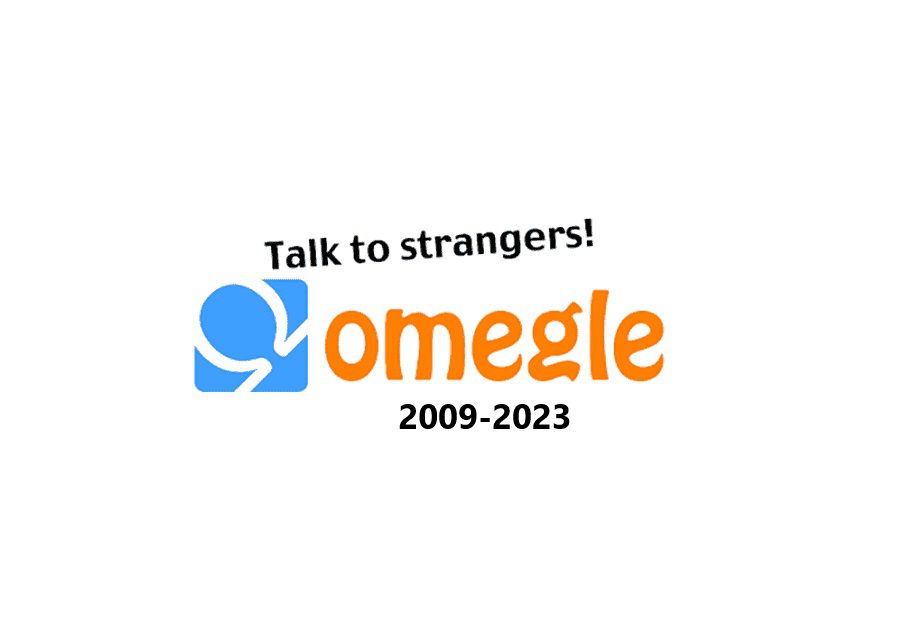Imagine a place where you could strike up a conversation with anyone in the world, no strings attached, the first NFSF chat. That was Omegle for you, a platform that burst onto the scene in 2009, letting you chat with strangers via text or video. Its simplicity was its charm, not requiring users to register or reveal their identities, making spontaneous interactions the norm. Over the years, Omegle became a go-to for those seeking to meet new people, fueled by the basic human need for connection. Its creator, a young programmer named Leif K-Brooks, marvelled at how quickly it grew, boasting around 50 million visitors in the months leading up to its closure.
Why Did Omegle Shut Down?
However, the freedom and anonymity that defined Omegle also led to its downfall. The platform faced significant misuse, including disturbing cases of “unspeakably heinous crimes.” It became increasingly clear that despite efforts to improve moderation and collaborate with law enforcement, Omegle could not escape the shadow of its darker uses. Stories of exploitation and legal battles began to tarnish its reputation, with critics labeling it a magnet for predatory behavior. The final straw came with a lawsuit that pushed the platform to cease operations, highlighting the severe challenges of moderating such a vast, anonymous space.
Omegle official website currently display a graveyard and a commentary:

Could AI Have Saved Omegle?
With Omegle now part of internet history, it’s worth pondering whether advanced artificial intelligence could have steered the platform away from its grim fate. AI has the potential to revolutionize content moderation by identifying and mitigating abusive behavior more effectively than human moderators alone. Implementing sophisticated AI systems might have helped Omegle better safeguard its users, distinguishing between harmless interactions and potential threats. This, combined with stronger age verification processes and user education on internet safety, might have allowed Omegle to maintain its place as a beloved chat hub while minimizing the risks that led to its shutdown.
The Future of Online Chatting
Omegle’s story is a cautionary tale about the complexities of internet freedom and the dark turns unmoderated spaces can take. As we look forward, the role of AI in creating safer online communities cannot be understated. Perhaps, in a world where technology and empathy evolve together, platforms like Omegle can find a way to thrive, balancing the need for connection with the imperative of user safety.

